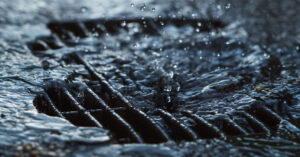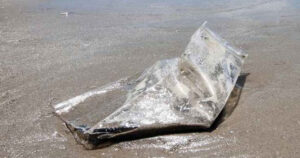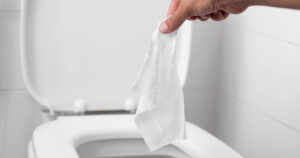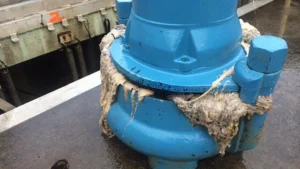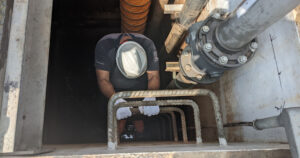Sewer flies, also known as drain flies or moth flies, can be annoying pests that emerge from the drains and sewage systems. To get rid of sewer flies, follow these steps:
- Identify the source: First, ensure that the flies you are dealing with are indeed sewer flies. These flies are small (1/8 to 1/4 inch), have a fuzzy appearance, and are usually gray or black. They are commonly found near drains, sewage areas, or decaying organic matter.
- Clean and remove debris: Thoroughly clean the affected drains and pipes. Use a drain brush or a long, flexible cleaning tool to remove any organic matter or gunk that may be present. Flies lay their eggs in these deposits, so it’s essential to eliminate their breeding sites.
- Boiling water: Pouring boiling water down the drains can help kill off eggs and larvae that might be present. Be cautious when using boiling water, especially if your pipes are made of plastic.
- Use a drain cleaner: Commercial drain cleaners can be effective in breaking down organic material and eliminating breeding sites. However, be sure to follow the manufacturer’s instructions and safety precautions.
- Baking soda and vinegar: Mix baking soda with vinegar and pour it down the drain. The chemical reaction can help break down organic matter and clear the drains.
- Bleach solution: Mix a bleach solution (1 part bleach to 10 parts water) and pour it down the drains. Let it sit for about 30 minutes before flushing the drains with water. Bleach can help kill off the flies and their larvae.
- Fly traps: Set up fly traps near the affected drains or areas where you notice the most flies. There are both commercial and DIY options available. One simple DIY trap is to create a mixture of sugar, water, and dish soap in a shallow bowl. The flies will be attracted to the sweet scent, but the soapy solution will trap and drown them.
- Seal cracks and crevices: Inspect the area around your drains and sewage systems for any cracks or crevices that flies could be using as entry points. Seal these gaps to prevent new flies from entering.
- Regular maintenance: To prevent future infestations, maintain good hygiene in your drains and keep them clean. Avoid letting food scraps or other organic material go down the drains, and use drain covers to catch debris.
- Seek professional help: If the infestation persists despite your efforts, or if you suspect the issue may be more extensive, consider contacting a pest control professional for further assistance.
